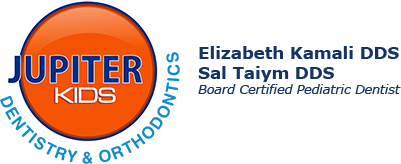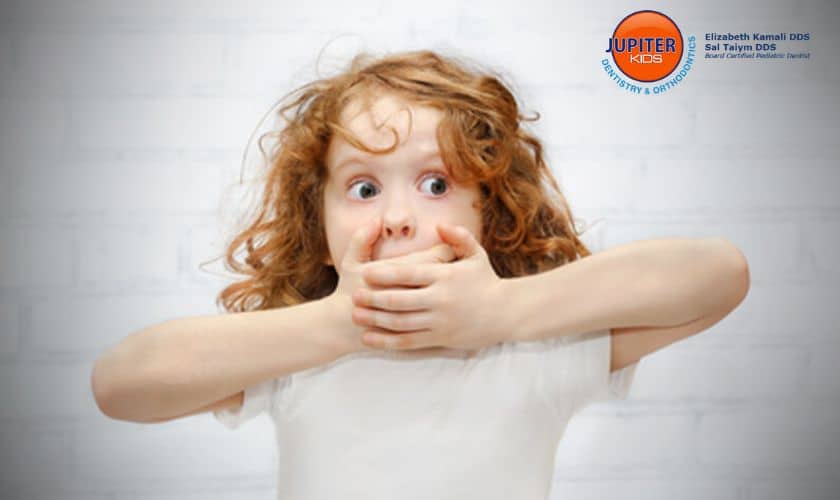Mints, mouthwash, or proper brushing won’t help with halitosis or persistent bad breath. Halitosis lasts for a long time and may signify something more severe than “morning breath” or a strong smell that stays after your meal.
What Is Halitosis?
The medical term for unpleasant breath is halitosis. Everybody occasionally has foul breath, especially after eating garlic, onions, or other items. However, persistent bad breath (chronic halitosis) may indicate a problem with your oral health or a condition impacting another part of your body. Halitosis is a sign of numerous medical issues. It resembles a warning signal from your body. The first step in treating halitosis is determining its underlying cause.
How Does It Occur In Kids?
- Poor oral hygiene is the most frequent cause of foul breath in children. The bacteria in the mouth have something to eat if plaque, a sticky bacterial film, builds on the teeth. They discharge smelly volatile sulfur compounds while they eat.
- Your child may get bad breath after consuming foods with overpowering smells. The first bite of food initiates digestion, and anything your child consumes starts to break down in their mouth, resulting in an unpleasant odor.
- The formation of a tongue coating is another prevalent cause of bad breath in toddlers, children, and teenagers. On the back part of the tongue, odor-producing bacteria, food particles, and decomposing skin cells frequently become stuck. As you can expect, these items smell bad as they decompose. Your kid can eliminate foul breath and the white tongue coating by brushing their tongues after they brush their teeth.
- Tooth decay or cavity can cause your child’s bad breath. The smell is worsened because food is more likely to become lodged in the decayed area of the tooth and is more difficult to brush away, in addition to the odor released by the bacteria that cause cavities.
- Technically known as xerostomia, dry mouth contributes to children’s bad breath.
- Children who have large tonsils or tonsils with deep pits may experience bad breath.
- Children can develop foul breath due to several medical illnesses, such as diabetes, gastric reflux, thrush, and, in rare instances, liver and kidney problems. Discuss it with your pediatric dentist if your child suffers from persistent halitosis.
How To Get Rid Of Bad Breath In Children?
- Make sure they floss once daily and brush their teeth at least twice daily for two minutes each. Make sure your child completely brushes their tongue to remove any coating while brushing their teeth, including all surfaces of each tooth and the gumline. You’ll need to clean and floss their teeth to eliminate foul breath in infants or young toddlers. Until age 7 or 8, monitor your child’s oral hygiene routine, even though older toddlers and preschoolers can start brushing independently.
- Maintain a balanced diet for your kids. Limiting sugary and starchy meals will help prevent cavities and bad breath because the bacteria in the mouth love sweets and carbohydrates.
- Make sure your kid drinks lots of water to stay hydrated.
- In addition to foul breath, regular mouth breathing can cause several dental health issues. You can get advice from your pediatric dentist if this continues.
- Maintain your child’s routine dental checkups and cleanings. Your dentist will examine your child’s teeth and gums to ensure they are in good condition. They will also check any dental fillings or crowns your child may have. Early detection of issues can help to prevent halitosis. Additionally, a professional cleaning procedure removes hardened plaque, which helps reduce cavities, gingivitis, and foul breath.
Make an appointment with your pediatric dentist if your child has bad breath, red, inflamed, bleeding gums, or both. Your child may suffer from cavities or gingivitis. Call your pediatric dentist if you notice bad breath along with a fever and other symptoms. These are indications of an infection, and antibiotics are needed to treat conditions like strep throat. However, children’s bad breath typically doesn’t require immediate attention. See whether your child’s breath improves using our advice and treatments. If not, visit our dental office for more information.


